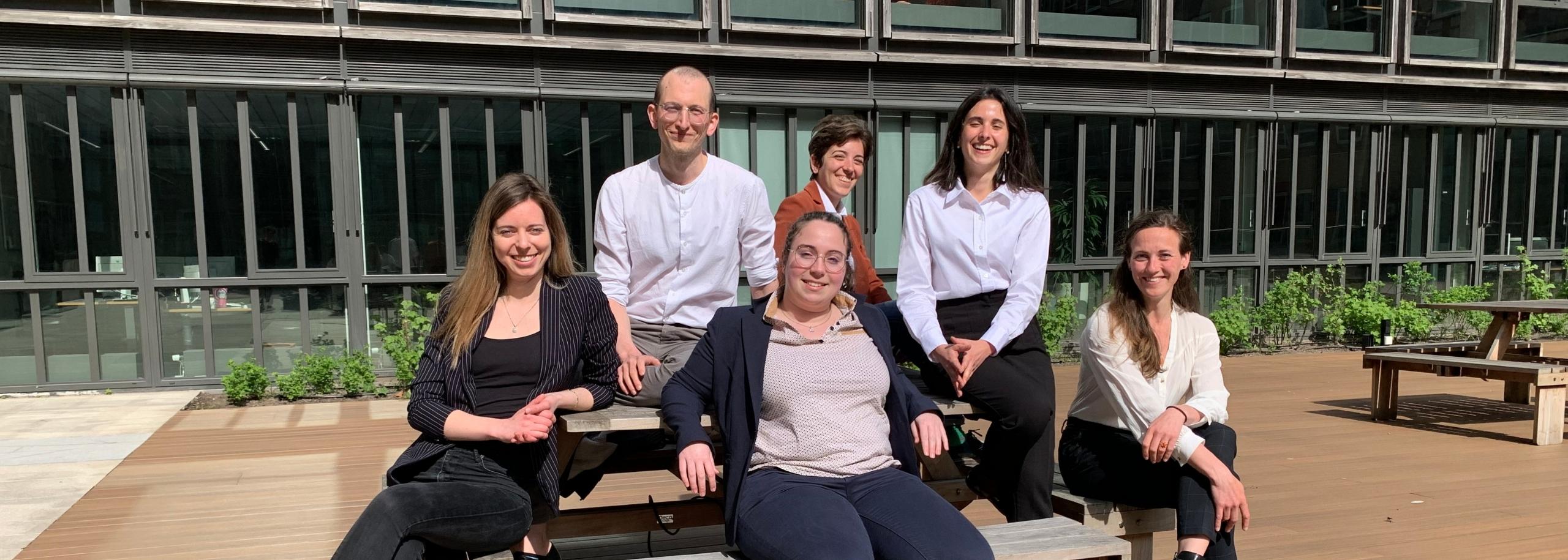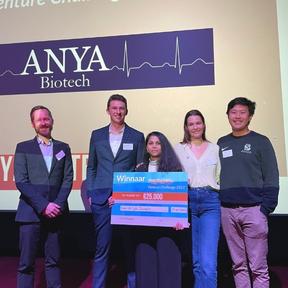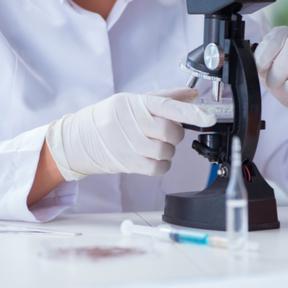At the beginning of 2022, the Transition Animal-Free Innovation (TPI) program founded a group for young researchers who wish to be a part of the transition towards a world without laboratory animals.
The group, called Young TPI, consists of young professionals, PhDs, and students. In this article, you can learn more about what they do and how you may join their network.
The young generation makes the difference: this is what Young TPI does
Young TPI believes that the young generation can make the difference in the transition to innovations that do not make use of laboratory animals.
Young scientists have the opportunity to start their careers without animal testing. Young TPI wants to make these young people aware of the transition to animal-free innovations and wants to inform their early-stage career fellows of all possibilities in this area.
By bringing together these young people, Young TPI hopes to create a network in which they can share their experiences and promote their innovative ideas concerning the transition towards animal-free science.
Meet the members
We had the pleasure of learning more about two members of Young TPI, namely:
- Victoria de Leeuw, chair of Young TPI and toxicologist at RIVM, and
- Marta G. Valverde, treasurer of Young TPI and Ph.D. candidate in Drug Innovation at Utrecht University.
Victoria believes that the new generation is crucial in accelerating the transition towards animal-free innovations. “But at the moment this transition is not well-organized for the young generation,” says Victoria. “By founding Young TPI, I hope that we can provide a network of young professionals who can find each other in this huge endeavour. They have the power to bring about change, and I hope that with Young TPI we can also realize this for animal-free innovations!”
“When I first heard about Young TPI, I immediately thought, ‘I need to be involved in this,’” says Marta. “During my scientific career I have been introduced to animal-free alternatives, but they are not as visible as I would like,” Marta continues. “As Victoria said, we lack an organised network in which young scientists can find the guidance and support they need to move towards those alternatives.”
Other members of the Young TPI team are:
- Fatima Zohra Abarkan, vice-chair of Young TPI and a Master’s student in Medical Biology,
- Rebecca van Eijden, vice-chair of Young TPI and a Master’s student in Environment and Society,
- Julia Menon, secretary of Young TPI and junior researcher at ZonMw,
- Nikolas Gaio, activity coordinator of Young TPI and founder of Bi/ond organs-on-chips, and
- Alessandra Soro, communications advisor of Young TPI and community manager at Material Pioneers.
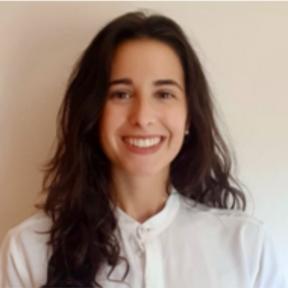
Marta G. Valverde
Breaking with the tradition of animal testing
“We have to break with traditions,” says Victoria, “such as using laboratory animals to develop new drugs.” Marta agrees. “Many drug studies show a huge gap between the results of animal experiments in the lab and clinical trial outcomes (testing of drugs in humans). Part of the problem is the use of animals in the medication process because animal models don’t translate to the human situation. Because animals are not humans.”
“Animal-free innovations, whether cell-based methods, computer models or new conceptual (and ethical) frameworks, are the way to go,” says Victoria. “I hope that I can contribute not only to the development, but also to the validation, acceptance and implementation of these models, and raise a generation with a new standard that is animal-free.”
Marta also has this vision for the future. “I believe that in 10 years we will have been able to substantially reduce the use of animals. I expect that complex in vitro platforms, such as organs-on-chips and 3D models, will be mandatory when proposing new research projects and that they will replace animal testing.”
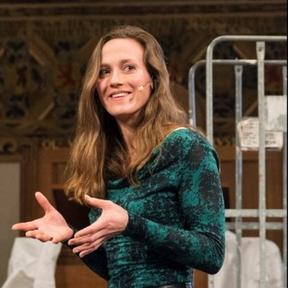
Victoria de Leeuw
Sign up for Young TPI
Do you also want to contribute to or participate in the Young TPI network? You can sign up for the Young TPI network if you are 35 years old or younger, or if you have graduated/finished your Ph.D. less than eight years ago. Whether you are a novice or already experienced with animal-free science, everyone can join. Signing up is free.

